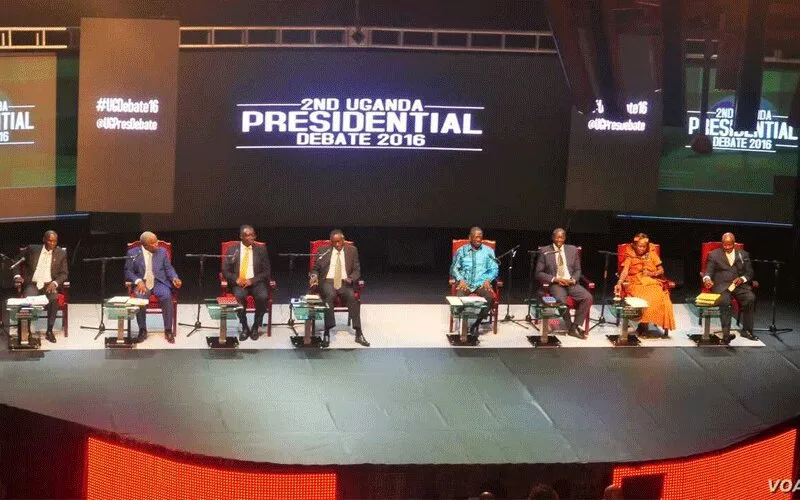Kampala, 05 December, 2020 / 5:30 pm (ACI Africa).
The presidential debate in Uganda organized under the auspices of religious leaders that had been scheduled to take place early December ahead of the 14 January 2021 general elections has been postponed indefinitely.
In a statement circulated Wednesday, December 2, the leadership of the Inter Religious Council of Uganda (IRCU), which is the organizing body, says the decision to postpone the first of the two-part debate has been occasioned by “unforeseen constraints.”
“Due to unforeseen constraints, including limited resources and the COVID 19 pandemic situations, the convening organizations regret to inform the general public that the presidential and constituency debates are for now indefinitely postponed,” IRCU’s leadership says, making reference to the first debate that had been slated for December 4 and 5.
The second presidential debate had been planned for sometimes in January 2021. Additionally, the religious leaders had hinted at organizing similar forums for parliamentary candidates in constituencies and cities considered “hotspot areas.”
The series of debates organized in partnership with The Elders Forum Uganda (TEFU), the Inter-Party Organization for Dialogue (IPOD), the National Consultative Forum (NCF) and the Independent Electoral Commission are meant to offer a balanced space for all presidential candidates to sell their agenda to all Ugandans, share their manifestos, IRCU officials say in the statement dated November 30.








